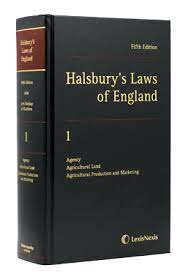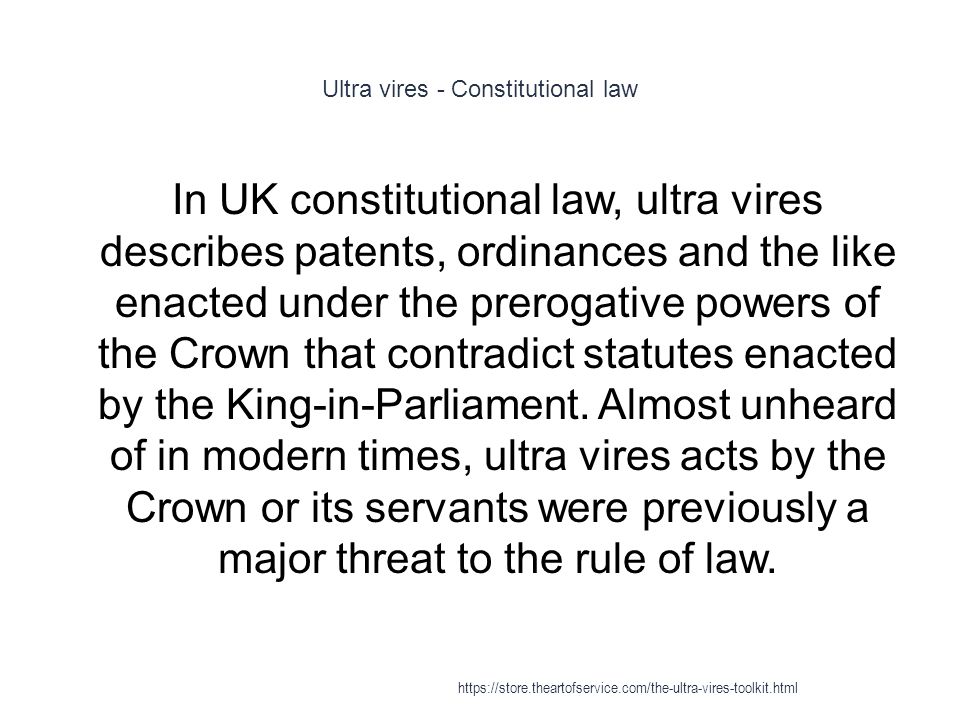-Written by Dai Mitchell of Nelson, NZ, June 28th, 2021, relayed via Ben Vidgen

“At a time of constitutional review, the secrecy surrounding the TPPA negotiations raises hard questions about the future shape of New Zealand”. -‘Hidden Agenda What We Need To Know About The TPPA’ Jane Kelsey ( Bridget William Books).
This article summarise how the law works in NZ and commonwealth countries.-
Since the 1215 Magna Carta there has been a contract between the crown and the English monarch AND English and Commonwealth subjects ensuring that the rights of the public are maintained and the authority of the crown and ruling English monarch is ensured. This can be summarised in the 1st Statute of Westminster 1275 , which is recognised in current NZ legislation – Imperial Laws Application Act 1988 – schedule 1. As follows ;
“The King willeth and commandeth that common right be done to all, as well poor as rich, without respect of persons”.

WHAT THE EXPERTS CALLL THE THE MOST IMPORTANT CONSTITUTIONAL DOCUMENT IN DEMOCRACY — THE 2013 NEW ZEALAND CONSTITUTIONAL REVIEW (HELD BY THE GOVERNMENT IN VIRTUAL SECRECY – COMPARED TO THE FLAG DEBATE) MADE NOT ONE MENTION OF THIS FOUNDING DOCUMENT WHICH STILL HAS ACTS WHICH ARE PART OF NEW ZEALAND’S CONSTITUTIONAL LEGISLATION.
THE OVERSIGHT TO INCLUDE MENTION OF THIS DOCUMENT IS A SIGN OF EXTREME INCOMPETENCE OR A GROSS DISPLAY OF INSTITUIONALISED CORRUPTION.THE EXCLUSION OF ONLY THE MOST IMPORTANT CONSTITUTIONAL DEMOCRATIC DOCUMENT UPON WHICH ALL NEW ZELAND LAWS (AS A WESTMINSTER STYLE OF GOVERNMENT) ARE BASED MAKES IT 1000% IMPOSSIABLE TO DRAW ANY OTHER CONCLUSION. – REGARDING THE DECISION TO HOLD A CONSTITUIONAL ‘REVIEW’ WHICH THEN GOES RIGHT AHEAD & ONLOY EXCLUDES MENTION OF THE VERY FOUNDING DOCUMENT (WHOSE ACTS ARE STILL ON OUR LAW BOOKS) UPON ALL WHICH DEMOCRATIC CONSITUIONAL LAW IS BASED.
WHEN THE CIVIL UNION LIBERTIES ASKED NOT ONE BUT TWICE!! FOR A GOVERNMENT RESPONSE TO THE REVIEWS ‘FINDINGS’ THE GOVERNMENT RESPONDED BY SIMPLY NOT REPLYING TO THEIR OIA – AGAIN UNDERSCORING THE CLEARLY UNDEMOCRATIC INTENTIONS AT WORK HERE.
The common right is also known as the common law, and this can be confirmed from a statement(attached) put out by Sir Edward Coke, an English chief justice and known as a talented jurist in the 1600’s, who was a proficient lawmaker and who laid the foundation for the 1627 Petition of Right and the subsequent 1688 Bill of Rights, both of which declared and confirmed the liberty of the person, and the public’s rights. – Both of these acts of legislation from the 1600’s are recognised currently in NZ legislation.
The reason for these old laws still being current and recognised in NZ legislation is because of the way the law is structured – which is explained in Halsbury Law journal 3rd Edition, Volume 36 – Statutes, paragraph 559 at page 337 of that volume:

MARGARET WILSON THE FORMER ATTORNEY GENERAL UNDER A LABOUR GOVERNMENT SAID IN 2015 THAT GOVERNMENT HAVE BEING PASSING UNCONSITITUIONAL LEGISLATION FOR 35 YEARS
THE REPEAL OF THE FORESHORE ACT, IS A POTENTIAL EXAMPLE OF SUCH ULTRA-VIRES BASED LEGISLATION.
As for the supremacy of NZ parliament, the basis statement of principle as a first principle of law shows clearly that while every parliament is supreme, one parliament cannot derogate from the legislation of a previous parliament, and this means NZ parliament cannot derogate from the sovereign supremacy of England, and it follows that once legislation is put into force it cannot be repealed by any later parliament, it’s provisions can merely be brought forward into current legislation, because a later parliament cannot derogate from it’s forefathers legislation.
What this means in layman’s terms is any act, order or rule made by the current NZ parliament that breaches or denies the public’s established rights, freedoms and established customs is unlawful, and known as ultra-vires – meaning it is acting outside the scope of it’s lawful authority. So all “acts” of legislation must “act” within the established common law or they are a false law, and the public have every right to publicly reject such false acts of legislation – and accuse parliament of being incompetent and tyrannical.

IT IS WORTH NOTING THAT ONE OF THE CORE FUNTIONS OF THE MAGNA CARTA DEMOCRACIES FOUNDING DOCUMENT – VERSE OTHER BILL OF RIGHTS — CAN BE SUMMED UP AS NOT JUST DEFINING RIGHTS OF CITIZENS BUT THE OBLIGATION OF THE STATE TO PROVIDE GOOD GOVERNANCE.
THAT IS TO SAY WHILE MUCH OF THE COURT WORK DEALS WITH THE ACT OF (OR WORD OF) LAW COMMON LAW (BASED UPON THE MAGNA CARTA) ADRESSES THE NEED FOR JUDGES TO ALSO REVIEW THE ‘SPIRIT OF THE LAW’. THE SPIRIT OF THE LAW IS THE STATES (& ITS AGENTS) OBLIGATION TO NOT JUST PASS & RULE UPON LAW BUT TO DO SO IN A MANNER WHICH IS DEEMED JUST AND FAIR & RECOGNISES WE ARE ALL EQUAL BEFORE THE LAW.
THE MAGANA CARTA SPECIFIALLY ADRESSES THE NEED FOR LAW TO TREAT ALL PEOPLE WITH FAIRNESS AND EQUALITY. ITS PRIMARY FUNCTION WAS TO PROVIDE A COUNTER BALANCE TO THE POWER ACCUMULATED BY THE POWERFUL FEW. TOO PREVENT INTERPRTATION AND EXECUTION OF THE LAW IN A MANNER WHICH ONLY FAVOURED THE PRIVILIGED.
TO CREATE ,OR ATTEMPT TO RULE, GOVERNMENT WITH OUT SUCH CONSTITUTIONAL PROTECTIONS IS TO ENSURE A STATE POWER IS BASED ON TYRANNIS AND NOT THE DEMOCRACTIC PRINCIPAL OF LAW IN WHICH WE ARE ALL EQUAL.
NEW ZEALANDERS OF AOTEAROA (NU TIRENE) SHOULD NOT VIEW THE MAGNA CARTA AS THE LAW OF ‘ENGLISH PAKEHA KINGS’ BUT RATHER NEED TO SEE IT AS A COVENANT WHICH COMMANDS OUR GOVERNMENT (AND ITS AGENTS) & NOT JUST THE COMMON MAN TO OBEY THE LAW AS WELL.
THE ATTEMPT TO SELL THE MAGNA CARTA AS SIMPLY AN ‘ENGLISH THING’ IS JUST FURTHER CONFIRMATION OF THE MALEVOLENT & DIRTY POLTICS AT WORK HERE WHICH SHOULD CONCERN US ALL – MAORI & PAKEHA ALIKE.

Get your copy from our Online Store or your local book and magazine retailer
Australian Retail Locations » Uncensored Publications Limited
New Zealand Retail Locations » Uncensored Publications Limited
As censorship heats up and free thought becomes an increasingly rare commodity, we appeal to our readers to support our efforts to reach people with information now being censored elsewhere. In the last few years, Uncensored has itself been censored, removed from the shelves of two of our biggest NZ retailers – Countdown Supermarkets and Whitcoulls Bookstores – accounting for 74% of our total NZ sales.
You can help keep the Free Press alive by subscribing and/or gifting a subscription to your friends and relatives.








